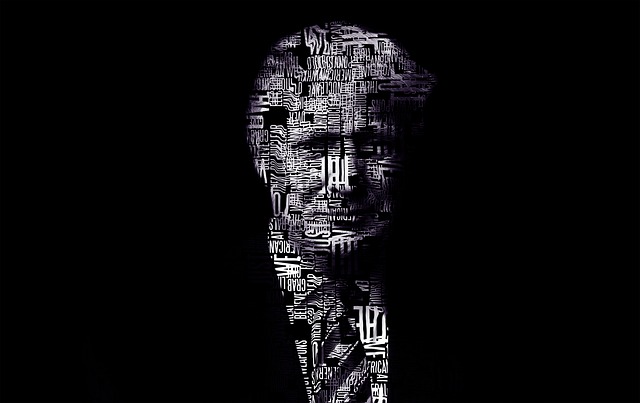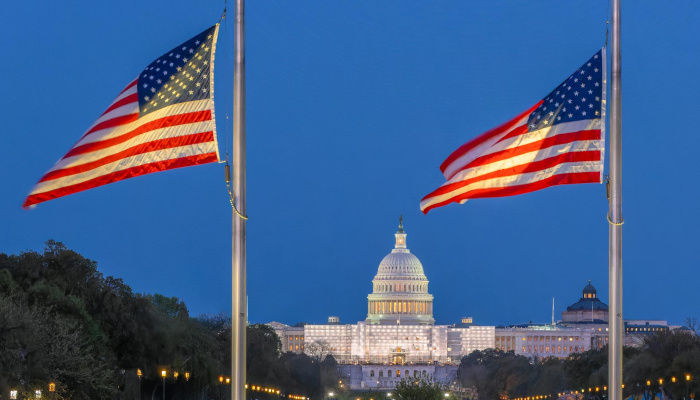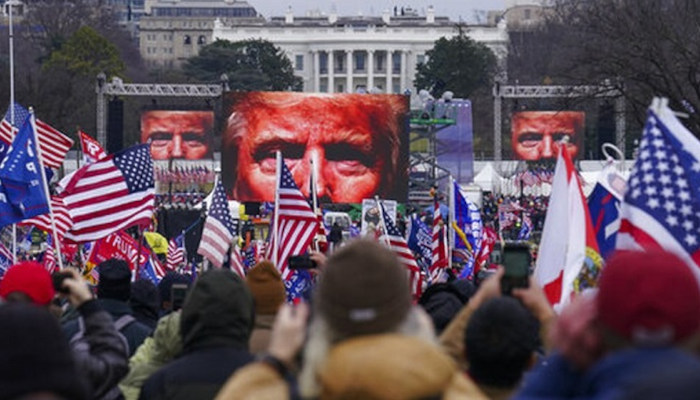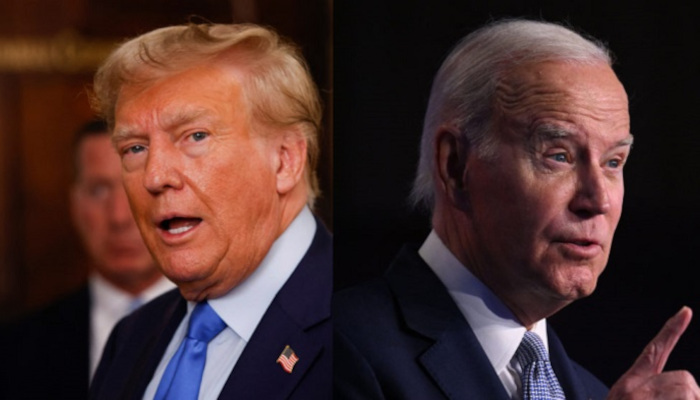
The election of Donald Trump serves as a wake-up call for European Union defense initiatives, as, for the first time, Eastern and Western Europeans, along with the United Kingdom (now outside the EU), find themselves aligned on issues regarding Ukraine and the United States, albeit for different reasons[1]. Westerners express concern over Trump’s abrasive demeanor, while both the UK and Eastern European nations are more concretely worried that the new President could withdraw support for Ukraine—a situation that has existential implications for many of them. The newfound unity among Europeans represents a historical first. Since emerging from the Soviet empire and joining the EU, Eastern and Western Europeans have often harbored divergent sentiments towards the US.
But will Europeans act on this newfound alignment? Such action would necessitate a profound transformation of economic and social structures, reallocating funds from healthcare and education toward military expenditures. More importantly, what will become of US-EU ties if they do take action? With simultaneous conflicts in Ukraine and the Middle East, as well as a significant rivalry with China, can the US afford a rift with its primary ally, a relationship for which it fought two world wars and waged a Cold War? Even without a complete split, increased US-EU friction could compromise any international efforts led by the US or the EU.
The United States might hardly manage to pursue peace with Russia or China while simultaneously opening up a significant front against Europe. Such a scenario would be ideal for the “Three Kingdoms” strategy that some Chinese and Russian strategists envisioned decades ago: having the two major powers, the US and the EU, clash while a third party emerges unscathed.
In the third century AD, the grand strategist Zhuge Liang orchestrated the conflict between the Han state in the north and the Chu state in the south, allowing the Shu state in the west to rise. Similarly, Mao utilized this strategy in the late 1930s, as he navigated conflicts between the KMT nationalists and the Japanese, allowing the communists to remain aloof and ultimately emerge stronger.
Still, increasing military spending among NATO members could shift dynamics within EU countries. To fund these expenditures, they may press for greater financial coordination within the Eurozone, potentially centralizing state debt, as suggested by economist Francesco Giavazzi.
It’s essential to look at things from the other side of the Atlantic Pond. The concerns may not be well founded, and Trump, once President, may change his mind, but perhaps they shouldn’t be ignored.
The Other Side of the Atlantic
Several areas of concern emerge in this context:
- Democracy: This is a significant issue in Europe, and many are apprehensive that the new leader in Washington may not take it seriously. Should Europeans worry that he encourages their darkest fears regarding authoritarian leaders who historically ravaged the continent? While the US may not have experienced these same hardships, Europeans did, and, despite recent surges of a radical right-wing, the majority wish not to relive them.
- Alliance—NATO: Yes, the EU has been slow to increase defense expenditures, but NATO remains integral to its identity. Is the US telling the EU that “alliance” has become an euphemism for “protection racket” and that “if the EU does not cough up the funds, it could be fed to the lions”? This proposition could dramatically reshape the transatlantic conversation.
- Monarchic Rule: Many European nations chose to give up a monarchy. Wherever kings or queens remain, they often symbolize civility, such as the Spanish king, who recently endured insults and mud-slinging while remaining composed. In contrast, Mr. Trump tends to exhibit bravado. Details are essential; this attitude can be unsettling.
Trump might dismiss these concerns as trivial or choose to weaponize them against perceived rivals. In either case, fissures on both sides of the Atlantic present significant challenges in the current climate. Alternatively, he could address these worries by fostering goodwill in Europe. He could become a second Reagan if he managed to do that while keeping his main thrust (strengthening NATO).
A central question remains: Are allies an obstacle or a force multiplier? Is the US the linchpin of a global order, or merely the largest animal in the jungle, where each country acts primarily in its interest? Is the US an empire with a network of partnerships, or is there a negligible difference between friends and foes, leaving all nations to fend for themselves? Trump is correct in raising the myriad problems facing the current structure of the alliance, and these issues must be resolved quickly and effectively. However, dismantling the alliance or merely highlighting its shortcomings without making substantive changes or tearing apart the fabric of the alliance is a gift to the US’s enemies. It doesn’t mean that France or Germany can veto American initiatives, but their governments cannot be humiliated either; otherwise, their citizens may turn against America.
Moreover, is democracy an asset or a liability in the present geopolitical climate? Democratic values proved effective soft power during WWII and the Cold War. Abandoning democracy for a purely transactional foreign policy could weaken the US even in its dealings.
Indeed, democracy should not become an obstacle to finding common ground in negotiations, but that doesn’t mean giving up on democracy itself. Trump is correct in wanting to talk to autocrats. You have to be in the room, even if it doesn’t mean approving or endorsing them. It’s a practical idea to try to grasp the situation better and minimize tensions. Conversely, principled but impractical policies may lead nowhere.
The Pope engages in dialogue with anyone without relinquishing his faith and values. Historically, he has advanced his faith through transactions. The USA might want to take a page from the Vatican’s history.
Recently, China poked fun at the US elections with a well-produced video[2]. While it may seem offensive in the US, it resonates elsewhere. If US democracy is not upheld and defended, it can become a liability for American foreign policy; disregarding it altogether could lead to an entirely different scenario.
Trump needs to clarify his stance because his words as President carry the weight of influencing or dismantling countries, including his own. For instance, over the past few months, he has sent numerous mixed and confusing messages that can easily be misinterpreted. Beijing might see this as an opportunity to test the US’s determination in Asia.
China’s probing could create a scenario in which an international outcry compels the US to intervene. However, China may already be entrenched by that point, feeling it would lose face by withdrawing completely. From that moment onward, things could spiral out of control.
This scenario is hypothetical, but history shows mixed and confused messages often trigger adverse reactions. Trump may want to project an aura of unpredictability, but internationally, he may come across as confusing.
As a superpower, the USA needs to be highly predictable. It sets the rules and informs countries what to do; therefore, it must be certain and reliable. Playing the unpredictable card jeopardizes the more valuable role of the rule-setter. This strategy may invite negative reactions and chaos that anyone can exploit.
Russia and China
On Russia, Geoff Raby eloquently explains[3] how China is expanding in Central Asia at Russia’s expense, noting that Russia is losing more in Asia than it will ever gain in Europe.
Still, if Raby is correct and Russian President Vladimir Putin perceives it this way, the terms of a grand bargain with Trump might include turning against China in exchange for US blessings and support for larger influence in Central Asia to recover from Chinese encroachment.
But is he right? Does Putin chafe under China’s growing eastern encroachment, which may be broader and more perilous than NATO’s expansion to the West? Or is he content with the price he pays? After all, China supports its otherwise faltering economy, and if China were to withdraw, who would step in? Who would trust him and buy his oil and gas (and at what price)? He could be left with only his nuclear arsenal, akin to a larger North Korea. Harlan Jencks[4] has pointed out that the losses in Central Asia may be sustainable to safeguard the current regime, as has often been the case in Russian history.
This leads to the necessity for a compromise in Ukraine. It would not signal the end of everything. Russia may have the USA’s blessing to recover some of the influence in the territory currently under China’s wing, and Putin may survive. While Putin has faced setbacks, total humiliation could dissolve Russia and create even greater upheaval. Russian ambitions to the West can be addressed later. Meanwhile, Ukraine requires a defense system akin to Finland’s or Israel’s, which will take time to establish.
Political Enterprises
Another intriguing element of the new Trump administration is the emergence of “politically motivated enterprises.” Private money played a crucial role in the early stages of capitalist politics, leading to the formation of enterprises among the French, Dutch, English, Spaniards, Italian republics, and Roman legions. The military was composed of soldiers, so-called because they were paid with money, “soldo.” In China, the “soldiers” were called兵 bing, with the etymology of a man wielding a battle axe. The Western res publica had to adjust and negotiate with these commercial and military enterprises continually.
Can the American res publica effectively manage its new, dynamic enterprises selling dual-use technologies in competition with state organizations like China or Russia?
Chinese trade is set for a record at the end of the year, with an unprecedented $1 trillion surplus—half of Italy’s GDP. This figure will validate all of Trump’s protectionist plans, as he has threatened tariffs of up to 40% on Chinese imports.
Still, China is not sitting idly by, waiting for the American response. China and Russia[5] want to develop cooperation in Eurasia, especially in Central Asia, which will allow the two countries to build what they feel is a fairer model of international order, attractive to the maximum number of countries in the Global South, or “world majority,” as Moscow defines it. At the same time, the basis for the two states’ work with developing countries, they vow, should be pragmatics and mutual benefit rather than an ideology of opposition to the West.
This conclusion is contained in a joint report by the Russian International Affairs Council (RIAC), the Institute of China and Contemporary Asia (ICA) of the Russian Academy of Sciences, and Fudan University, released on October 11 and timed to coincide with the 75th anniversary of the establishment of diplomatic relations between the Russian Federation and China.
The plan wouldn’t be without merit and should be carefully considered.
Yet Russia may also have different ideas. Russian philosopher and Putin’s friend, Aleksandr Dugin, expressed his satisfaction with the US electoral results on X. He had supported Trump. But can Russia balance the USA and China?
In all of this, Iran is about to be isolated, and it’s unclear whether Russia or China will allow Iran to be crippled. The feeling in Beijing is that China would be weaker if Iran fell. Therefore, moving against Iran could trigger a complex domino effect.
If this is true, it would be hard to disentangle conflict in the Middle East with that in Ukraine and tension with China or North Korea, and for this, the US may want to seek all the friends and allies it can find.
finis
[1] https://carnegieendowment.org/europe/strategic-europe/2024/11/taking-the-pulse-can-europeans-significantly-reduce-their-security-reliance-on-the-united-states
[2] See https://x.com/francescosisci/status/1854240924664029340?s=46&t=-MaomkTBS13G92c5dP9IBQ
[3] https://www.afr.com/world/asia/xi-is-thumping-putin-in-the-great-game-20241016-p5kipx
[4] Private conversation with Harlan Jencks.
[5] https://gaodawei.wordpress.com/2024/11/07/2024-russia-china-discuss-trade-need-to-improve-coordination-on-developing-countries/










Trump and a Three Kingdoms Strategy - SettimanaNews